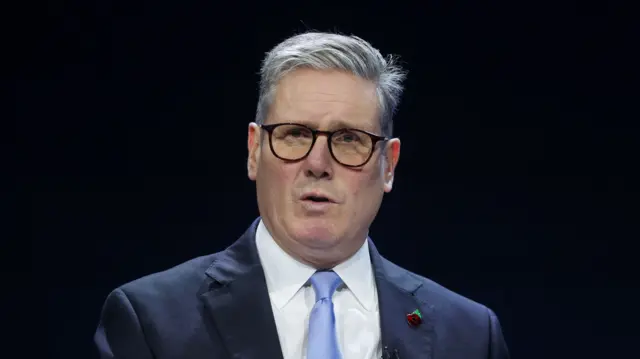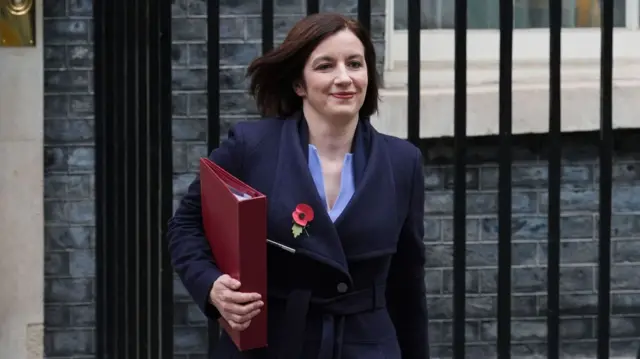Speaker angry fees announcement reported in presspublished at 16:47 GMT 4 November 2024
Phillipson begins by expressing her "deep regret" that some of the details of the announcement have been reported in the media prior to her speech in the Commons.
Speaker Sir Lindsay Hoyle says he wants a "full inquiry" into how this happened, and Phillipson says she can give that undertaking.









